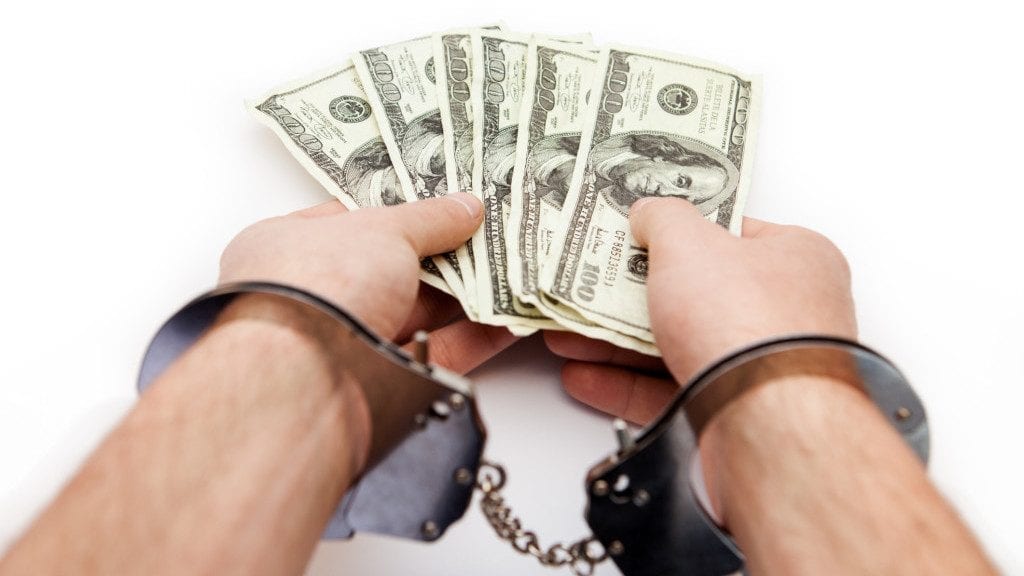- browse by category
- Audit Assistance
- Business and Taxes
- Celebrities in Tax Debt
- Cryptocurrency Taxes
- Economic News
- Foreign Banking
- Innocent Spouse
- IRS debt settlement
- IRS Headlines
- IRS Wage Garnishment
- Marriage & Divorce
- Payroll Tax
- Retirement
- Revenue Officers
- State Tax Headlines
- Stop IRS Debt
- Success Stories
- Tax and Politics
- Tax Attorney
- Tax Codes
- Tax Debt Help
- Tax Evasion
- Tax Levy
- Tax Lien
- Tax Payment Plans
- Tax Return Filing
- Tax Tips

Doing business overseas can be very lucrative. But stashing the earnings in a foreign bank account can get you in a heap of trouble with Uncle Sam. Every year, business people sell products overseas. They may open an overseas plant or factory, travel to perform highly sought-after services, or cut business deals. That can lead to some serious profits and a bank account in the black. But hiding money overseas is serious business.
Hiding Money Overseas? Think Again.
Some people try to hide their financial assets stored overseas and avoid paying the resulting tax burden. But over the past couple years the federal government tuned up its hunt for these tax violators. How? By unleashing a swarm of tax attorneys to find them.
Here’s what you need to know if you have money overseas and haven’t brought it to the IRS’s attention:
If you have an interest in – or even signature authority over – an international financial account, and the total value of your financial accounts exceeded $10,000 at any time during the reported year, the law requires you to fill out and turn in a Report of Foreign Bank and Financial Accounts, also known as an FBAR.
The account can be any of a range of accounts: bank account, mutual fund, a trust, or a brokerage account, among others. Not just U.S. citizens and residents are required to turn in an FBAR, but also entities like partnerships, corporations, trusts, estates, and limited liability companies.
Disclosing International Finances Key to Becoming IRS Compliant
The IRS also uses honey – instead of vinegar – to encourage the owners of international assets to come clean. It opened its Offshore Voluntary Disclosure Initiative (OVDI) in 2009 as an incentive for international tax scofflaws to avoid jail time and some penalties. Due to its success, it was extended, and still remains an option today as it’s known as the Offshore Voluntary Disclosure Program (OVDP).
Currently, OVDP has no deadline or termination date, but the IRS can end it whenever they want. That’s why working with a tax attorney to take advantage of the OVDP is essential becoming compliant with the IRS.
The incentive for coming clean with the OVDP is a no-brainer. Penalties won’t be completely avoided, but they’re enough to make coming clean worth the hassle.
First, there’s a 20 percent penalty of the entire amount of unpaid taxes for all the years taxes on those assets were avoided. Then, there’s a 27.5 percent penalty of the highest total balance of the international assets.
While those figures may seem high, the cost of not coming clean is higher. Utilizing the OVDP generally eliminates the risk of criminal prosecution and helps to avoid higher civil penalties. Plus, it provides peace of mind for becoming compliant with the IRS, and resolving tax debt.
Hiding Money Overseas Is a Foolish Strategy
And with more and more international tax treaties entered into between the United States and more and more countries, it’s only a matter of time when international tax scofflaws will be discovered and prosecuted by the IRS with ease.
Death and taxes are always certainties, but cheating death and hiding money overseas can only last so long. That’s why working with a tax professional is the best way to get that peace of mind and enjoy the good life without fear of going to jail or having your family’s home or bank accounts seized by the feds.
Do you know of any other reasons why those with undisclosed international financial assets should come clean? Comment below or tweet us at @StopIRSDebt!
Leave Comments

Top Tax
secrets revealed
Sign up for our newsletter and be the first to find out when exciting IRS news happens. Yes, exciting. We're really into taxes.


